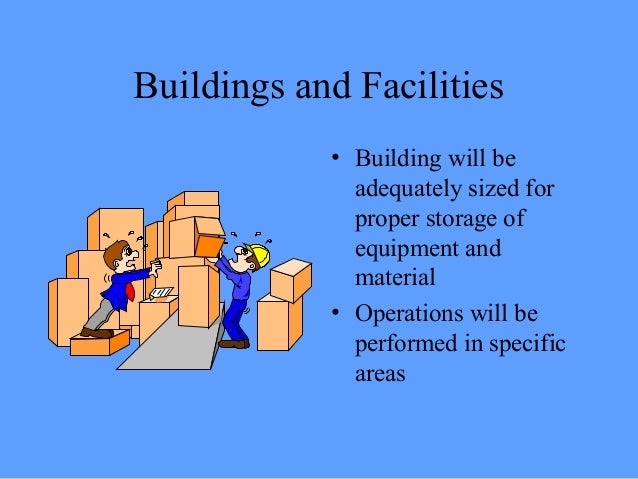Cgmp Training Courses Approved By Fda

• • • • • • • • • affects every American. The Food and Drug Administration (FDA) regulates the quality of pharmaceuticals very carefully. The main regulatory standard for ensuring pharmaceutical quality is the Current Good Manufacturing Practice (CGMPs) regulation for human pharmaceuticals. Consumers expect that each batch of medicines they take will meet quality standards so that they will be safe and effective. Most people, however, are not aware of CGMPs, or how FDA assures that drug manufacturing processes meet these basic objectives. Recently, FDA has announced a number of regulatory actions taken against drug manufacturers based on the lack of CGMPs.
Cardsoft download. All network cards were tested in a Novell Netware 4.10 environment. Some settings may have to be revised to work in the user's environment. All serial devices were tested as COM2 (i.e.
This paper discusses some facts that may be helpful in understanding how CGMPs establish the foundation for drug product quality. What are CGMPs?
GMP and GDP In-house Training Courses. SOP Management and Training criticised by FDA. What specific information will be included in your CGMP training'.
CGMP refers to the Current Good Manufacturing Practice regulations enforced by the FDA. Gpsmapedit 2 1 keygen free. CGMPs provide for systems that assure proper design, monitoring, and control of manufacturing processes and facilities.
Adherence to the assures the identity, strength, quality, and purity of drug products by requiring that manufacturers of medications adequately control manufacturing operations. This includes establishing strong quality management systems, obtaining appropriate quality raw materials, establishing robust operating procedures, detecting and investigating product quality deviations, and maintaining reliable testing laboratories. This formal system of controls at a pharmaceutical company, if adequately put into practice, helps to prevent instances of contamination, mix-ups, deviations, failures, and errors. This assures that drug products meet their quality standards. The CGMP requirements were established to be flexible in order to allow each manufacturer to decide individually how to best implement the necessary controls by using scientifically sound design, processing methods, and testing procedures.
The flexibility in these regulations allows companies to use modern technologies and innovative approaches to achieve higher quality through continual improvement. Accordingly, the 'C' in CGMP stands for 'current,' requiring companies to use technologies and systems that are up-to-date in order to comply with the regulations. Systems and equipment that may have been 'top-of-the-line' to prevent contamination, mix-ups, and errors 10 or 20 years ago may be less than adequate by today's standards. It is important to note that CGMPs are minimum requirements.
Many pharmaceutical manufacturers are already implementing comprehensive, modern quality systems and risk management approaches that exceed these minimum standards. Why are CGMPs so important?
A consumer usually cannot detect (through smell, touch, or sight) that a drug product is safe or if it will work. While CGMPs require testing, testing alone is not adequate to ensure quality. In most instances testing is done on a small sample of a batch (for example, a drug manufacturer may test 100 tablets from a batch that contains 2 million tablets), so that most of the batch can be used for patients rather than destroyed by testing.
Therefore, it is important that drugs are manufactured under conditions and practices required by the CGMP regulations to assure that quality is built into the design and manufacturing process at every step. Facilities that are in good condition, equipment that is properly maintained and calibrated, employees who are qualified and fully trained, and processes that are reliable and reproducible, are a few examples of how CGMP requirements help to assure the safety and efficacy of drug products. How does FDA determine if a company is complying with CGMP regulations?
FDA inspects pharmaceutical manufacturing facilities worldwide, including facilities that manufacture active ingredients and the finished product. Inspections follow a standard approach and are conducted by highly trained FDA staff. FDA also relies upon reports of potentially defective drug products from the public and the industry. FDA will often use these reports to identify sites for which an inspection or investigation is needed. Most companies that are inspected are found to be fully compliant with the CGMP regulations. If a manufacturer is not following CGMPs, are drug products safe for use If a company is not complying with CGMP regulations, any drug it makes is considered “adulterated” under the law. This kind of adulteration means that the drug was not manufactured under conditions that comply with CGMP. It does not mean that there is necessarily something wrong with the drug. For consumers currently taking medicines from a company that was not following CGMPs, FDA usually advises these consumers not to interrupt their drug therapy, which could have serious implications for their health.